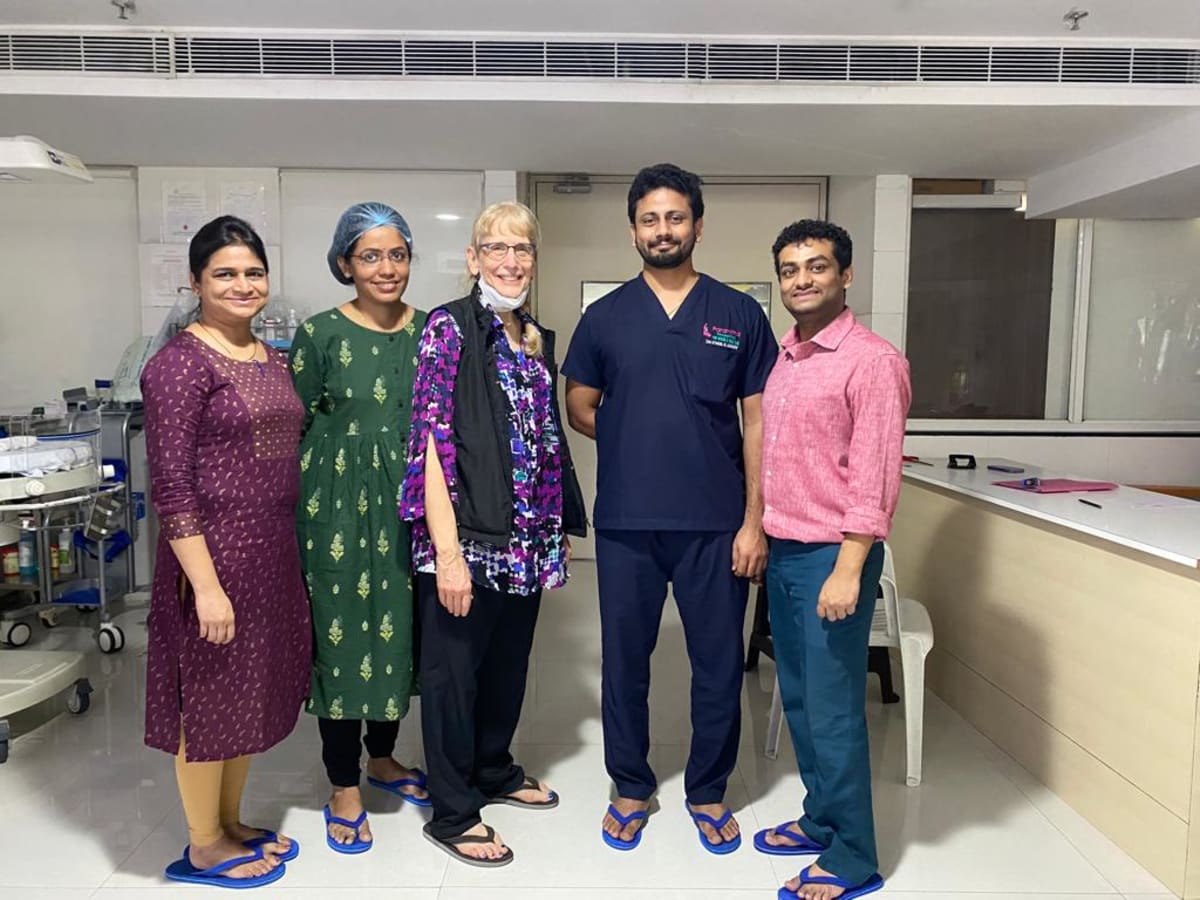We plan to provide training in bubble Non Invasive Positive Pressure Ventilation, a simple, non-electric, and visually intuitive means of delivering breathing support for infants in respiratory distress. The goal is to provide clinicians in resource-constrained settings with additional options for the management of infants with respiratory distress.
Infant respiratory distress is a leading cause of under-5 mortality worldwide, leading to over one million infant deaths every year with 99% of these deaths in low to middle-income countries. Conventional ventilation equipment is expensive and requires continuous electricity and highly trained operators, leaving infants in resource-constrained settings without access to life-saving treatment.
If bubble NIPPV can be safely and effectively implemented across resource-constrained settings, it has the potential to save hundreds of thousands of infant lives worldwide.






Respiratory distress is a significant cause of death worldwide. Our group is working on simple, low cost innovations to support infants in respiratory distress. In particular, we have been working on bubble Non Invasive Positive Pressure Ventilation therapies.
Our team traveled to Hyderabad, India, which was a great experience. We had the opportunity to learn from our Indian colleagues with expertise taking care of critically ill infants at an academic medical center in the Indian context. We were able to support them as they implemented a new mode of respiratory support: bubble Non Invasive Positive Ventilation. Specifically, we helped train nurses and physicians in the set up and use of the equipment. We helped with early stage troubleshooting.
Presently, the team is using this equipment independently. Once rigorously validated at this academic center, we hope that this treatment can be utilized to support infants in respiratory distress in smaller hospitals with constrained resources. In addition, we hope to establish a long term connection between the University of Minnesota and our Indian collaborators for additional collaboration down the road.
We are grateful for the support of the Doximity Foundation that made this possible.